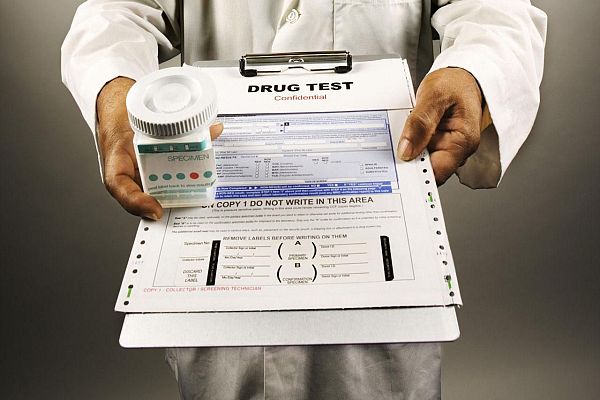What you need to know about
COVID-19 | Click here

What you need to know about
COVID-19 | Click here


Monday August 19, 2019 10:33
No matter what changes to the law are made, drugs and alcohol impede a workers ability to work, long after taking them.
The effects of being hungover from taking drugs or drinking alcohol becomes a major safety concern for all at the workplace.
Add loss of alertness and attention to detail, and a recipe for harm or a serious injury is heightened, especially in high risk work - and driving.
It is important to note that both legal, and illegal drugs can have an influence on the ability to work safely.
Some prescription drugs warn about not using heavy machinery or driving for a specified period to avoid potential incidents. Such directives need to be adhered to.
To confirm that a person has an alcohol or drug issue needs careful and trained observation in order to avoid unsafe behaviour.
The respectful manner in which you approach your workers about such a sensitive matter needs to be addressed in advance so as to protect all parties’ long term positions and relationships.
Non action is just as dangerous.
Doing nothing may lead to a serious accident perhaps involving others.
While many organisations have in place a company policy and position on drugs and alcohol at work, and may carry out pre-employment and possibly random drug testing, companies do not realise that they can carry out reasonable cause testing.
This is “reasonable” suspicion testing, also known as “cause” drug testing.
It is performed when management or supervisors have evidence, or reasonable cause, to suspect a worker of drug/alcohol use.
Evidence is based upon direct observation, either by a supervisor or another employee.
Can include:
In terms of health and safety it is important that unsafe behaviour in the workplace is addressed as soon as possible in order to prevent injury.
The most powerful tools you can use to ensure everyone knows what is expected, and the potential outcomes if ignored are:
Let’s face it, we all want to head home safely after work to our families, at the end of a day’s work.
For further information on health and safety aspects, please contact your Securo consultant
Please contact your Securo Safety Consultant directly or call Securo Head Office on 0800 55 33 44, or email info@securo.co.nz.
(Image credit: nevadaemployers.org)